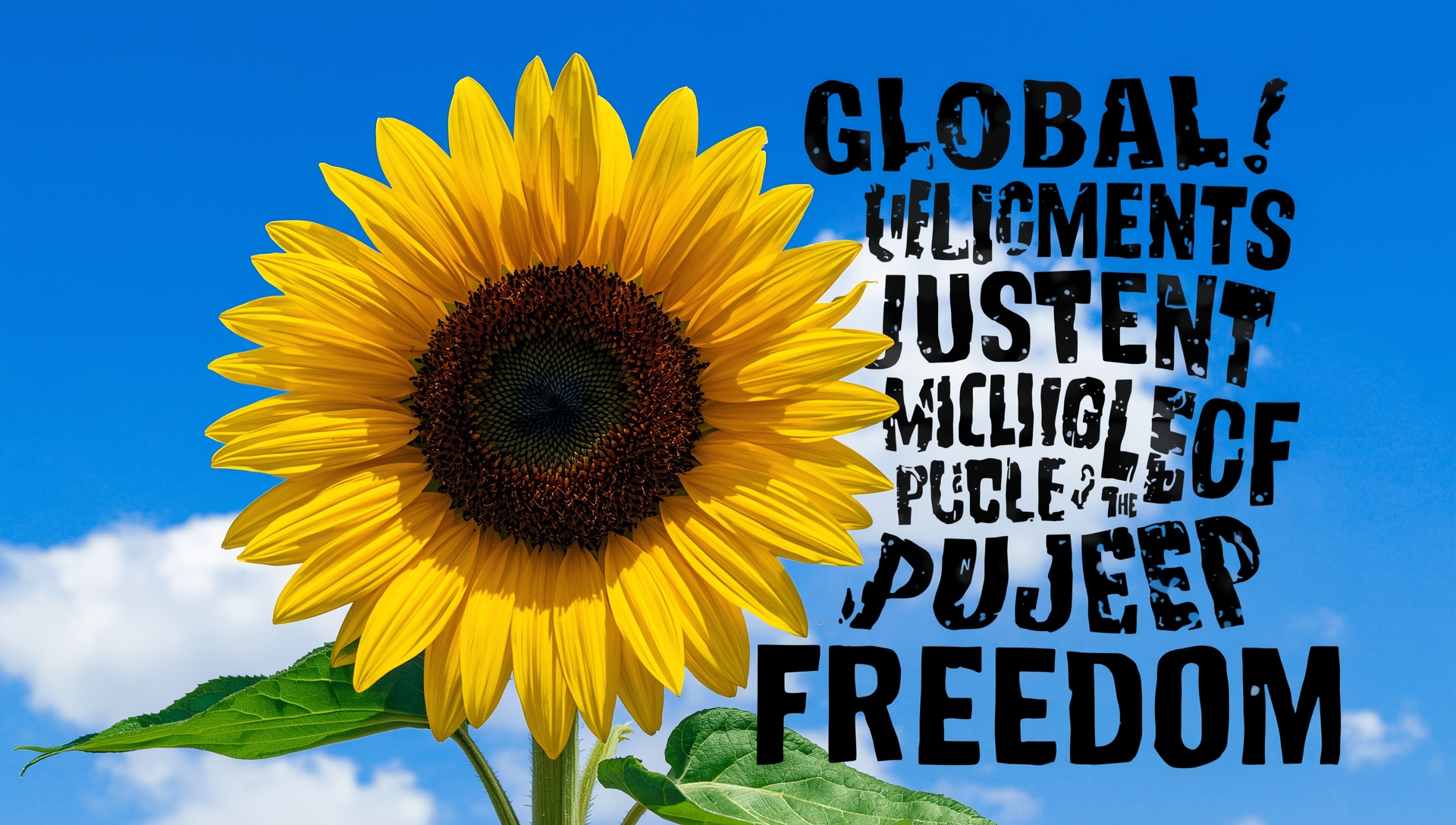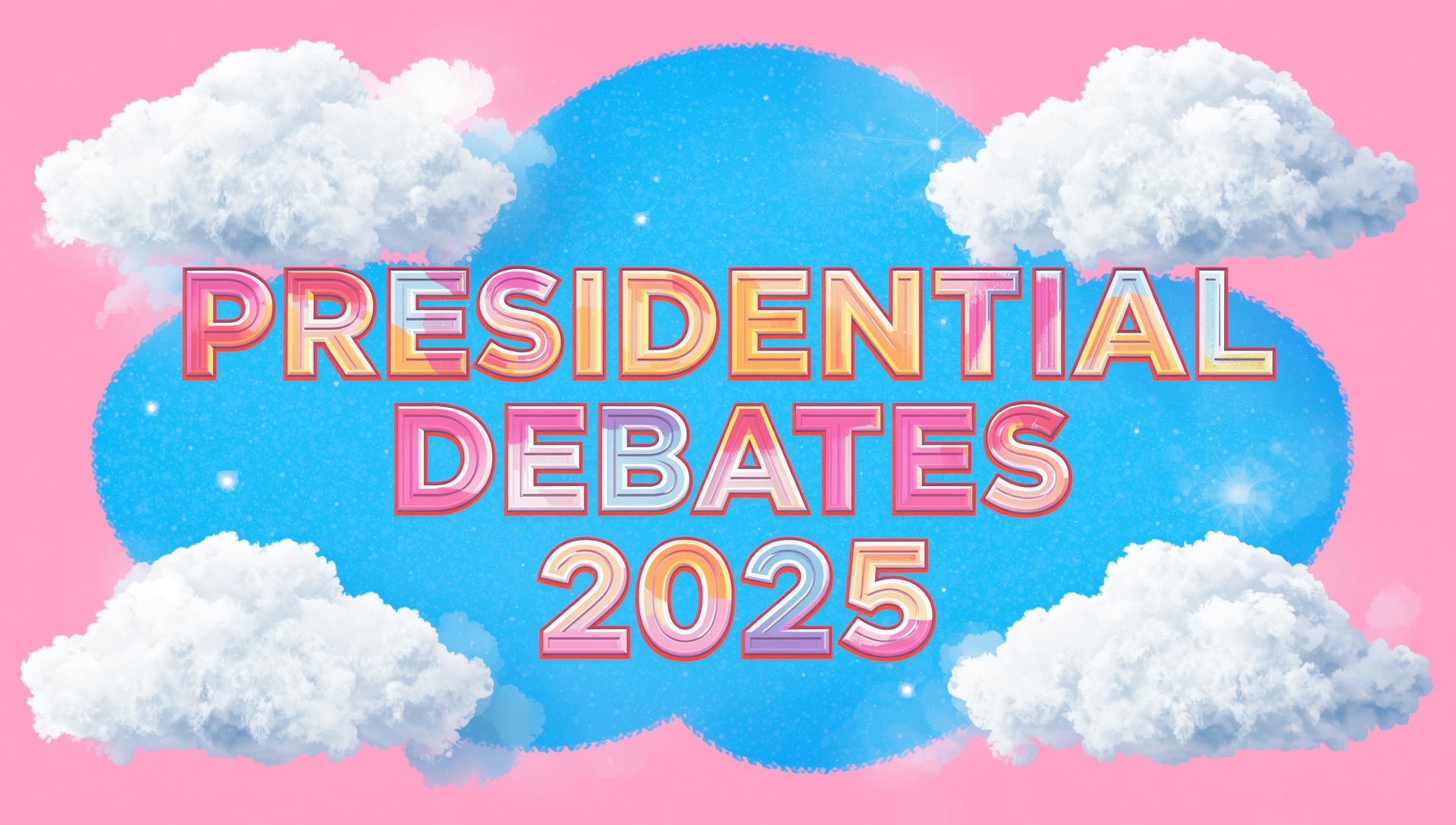Introduction An emotional video from Balochistan showing the so-called “honor killing” of a young woman and her partner has caused outrage across the country, sparked online activity, and reignited calls for justice and changes to the law.

The Scary Video That Went Viral
A group of guys is seen leading Bano Bibi and Ehsan Ullah Samalani into the desert in the video. Bano is seen taking the last few steps and getting a Quran from her brother. Then, she and Ehsan are shot in cold blood, supposedly because they were having an affair.
Public Outrage and Calls for Responsibility
Once the video became viral, the Pakistani government swung into action. Authorities detained 16 suspects, including a tribal leader and even Bano’s mother, who later claimed the executions were founded in centuries‑old tribal traditions rather than any formal jirga verdict . People protested in cities like Quetta, and civil society groups called for justice. Rights organizations are criticizing both the cruelty and the structural quiet that permitted it to happen

Legal Gap: Jirgas vs. State Law
Pakistani law officially banned honour killings in 2016, eliminating past legal loopholes; nonetheless, prosecutions remain rare and convictions exceedingly low, particularly in remote areas influenced by tribal values Critics believe that the state’s tardy response demonstrates apathy toward informal justice systems like jirgas. Constitutional lawyers and campaigners point out that popular outcry often seems to overpower the state’s inertia more than any systemic enforcement
Social Media’s Power: Spotlight and Scrutiny
This example shows how digital virality can compel government action. Social media’s role has grown increasingly crucial in Pakistani civic life, especially when traditional institutions fail to intervene. One rights lawyer remarked: “This isn’t a response to a crime. It’s a response to a viral moment.” That dual edge illustrates virality can motivate both fast action and transitory attention
Why It Matters: Broader Impact on Pakistan’s Society
- Legal reform: Activists are advocating for tougher enforcement of honour-killing laws and eliminating alternative justice systems.
- Attention to gender violence: The incident emphasizes violence especially against women under the pretense of upholding family honour.
- Civil society momentum: The outrage and protests reflect a growing readiness among residents to hold local structures and the state accountable.
What Authorities Are Saying
In reaction to rising anger, Balochistan’s provincial chief minister termed this case a “test” and vowed to take action against illegitimate tribal courts. According to officials, the arrests signal a shift from passivity to proactive enforcement—but whether this marks enduring change is unknown (

Challenges Ahead
- Impunity still widespread: Despite arrests, genuine convictions in honour‑killing instances remain rare.
- Normalization of jirgas: Calls to restore traditional councils undercut the very laws intended to safeguard citizens.
- Sustainability of outrage: Rights campaigners warn that public awareness may fade, allowing future injustices to go unchallenged
Hope and Lessons
The viral video has caused protests, stirred legal debate, and mainstreamed views on gender-based violence in Pakistan. At its center is a basic moral outcry: when visibility becomes the only enforceable power of justice, the state must step in to assure it is never optional.



